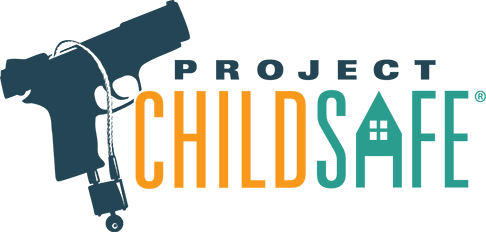Search
Cart
There are no items in your cart.
Login
Brains Before Brawl (on Precautionary self-defense)

Self-defense is a broad concept that extends beyond mere physical combat; it fundamentally encompasses the strategic use of intelligence to circumvent hazardous scenarios. This more nuanced perspective of self-defense is referred to as precautionary self-defense. Its emphasis on proactive avoidance as opposed to reactive confrontation underscores its critical role in personal safety. In this article, we will examine the concept of self-defense, explore the fundamentals of precautionary self-defense, and provide practical insights on how to integrate this approach into your daily life.
At its core, self-defense isn't merely about reacting to immediate threats; it's about anticipating potential dangers and strategizing to mitigate them. This paradigm shift introduces the concept of precautionary self-defense. This holistic approach is designed to evaluate all aspects surrounding a potentially dangerous situation, save for the actual attack itself.
Precautionary self-defense can be distilled into two primary stages. The initial step entails fostering a blend of self-awareness, situational awareness, spatial awareness, and applying common sense. Cultivating an understanding of your surroundings allows you to pinpoint potential threats and navigate around them. The subsequent step revolves around understanding and applying non-verbal communication skills. This involves discerning others' non-verbal cues and using your own to deescalate a tense situation or withdraw from it entirely.
To effectively implement precautionary self-defense, a keen awareness of your position within a situation, locale, and the broader world is crucial. This requires mindfulness of your environment, recognition of potential threats, and making informed decisions to circumvent precarious situations. This strategy also demands the employment of common sense to refrain from engaging in certain risky situations, as prevention is often the best safeguard.
Mastering non-verbal communication is another critical facet of this approach. By being attuned to non-verbal cues, you can detect potential threats and react appropriately. If a situation appears to be escalating, the wisest course of action is often to retreat. Remember, your life is immeasurably more valuable than your pride, so never let ego impede your safety. If you sense danger, it is imperative to project confidence and refrain from displaying fear. Stand tall, survey your surroundings, and make an informed decision on your next course of action.
While precautionary self-defense doesn't provide an absolute guarantee of protection, it equips you with tools to make well-informed decisions and circumvent dangerous situations. It is crucial to choose your battles prudently, conserve your energy for unavoidable confrontations, and prioritize avoidance and de-escalation whenever feasible. Embrace the mantra "brains before brawl."
Self-defense is a multidimensional concept involving not just physical prowess but also the strategic employment of intelligence to circumvent dangerous situations. Precautionary self-defense is about comprehensive assessment and making informed decisions to ensure safety. By honing self-awareness, situational-awareness, spatial-awareness, and common sense, alongside non-verbal communication, you can significantly enhance your personal safety and minimize unnecessary risk.
Thank you for your time, and remember: safety first, always!
_______________________________
Author: Alexandra Meyman
CMO, Kind Sniper LLC
NEWSLETTER










Leave a Comment